“Continuous learning is a minimum requirement for success in any field”
Brian Tracy
A dentist will come across innumerable clinical scenarios during their practice. While working in a chain of dental clinics, I came across a case of Squamous Cell Carcinoma in a middle aged woman. While discussing about the possible treatment options, we all focused on surgical excision and chemotherapy. We had recruited a dentist, who was a fresher, he told us about an alternative option called chemoradiation using Cisplatin. This made realise the importance of evidence based dentistry and continuous dental education.
Fresh graduates from dental schools are more likely to be up-to-speed with recent advances in technology, science, therapy, treatment in current dentistry. Some of this knowledge gradually becomes obsolete as new information and research appears. It is important especially with regards to patient safety, for dentists to keep in the know with development in diagnosis, prevention and treatment of oral diseases along with newly discovered causes of the diseases.
What is evidence based dentistry?
The concept of evidence based dentistry was introduced in 19th century and referred to as conscientious, explicit and judicious use of best current practise in making knowledge based decision in the care of an individual patient.
As accepted by the FDI, evidence based dentistry is an approach to oral healthcare that requires a judicious integration of:
- Systemic assessments of clinically relevant scientific evidence, relating to the patient’s oral and medical condition and history, with
- the dentist’s clinical expertise, and
- the patient’s treatment needs and preferences.
Evidence based dentistry is an inter-disciplinary approach that emphasises on utilisation of evidence and conducted researches to optimise decision making and improve treatment outcomes. It is like climbing a mountain to get a better view.
Attitudes have dramatically changed thanks to the internet over the past few years. Patients want to know about the treatment they are undergoing, the outcomes of the treatment and the options available to them. On the flip side, dentists encounter different drug companies advertising new drug formulations. How does one decide whether to go for a particular drug or not? The answer to the question is evidence based dentistry. Throughout their career, a dentist needs to know from where to obtain information and more importantly how to interpret that information correctly. Evidence based dentistry simply put is nothing but combining correctly interpreted information with the clinical knowledge to make judicious decisions.
Why do we need evidence based dentistry?
Patients respond differently to exposure or treatment. To understand this better consider the following two examples.
- Cigarette smoking is a cause of periodontitis.
- Why is it that not everyone who smokes develop periodontitis?
- Why do non smokers develop periodontitis?
Given these two examples how can we say that smoking is the cause of periodontitis?
Acute Ulcerative Gingivitis can be treated with the antibiotic metronidazole.
Why is that not every patient given metronidazole recovers from the disease?
Given this how can we say that metronidazole is an effective?
We cannot always afford more than a few minutes per patient for finding and assimilating evidence regarding people responding differently to same exposure or same treatment. This is where evidence based dentistry comes into play. Clinical research allows us to make decisions about causes of and possible treatments for the disease.
Evidence based dentistry is founded on clinical research.
Where to search for reliable information?
- Journals
- Evidence based dentistry
- Journal of evidence based dental practise
- Dental research papers are often published in journals such as British Dental Journal, American Journal of Dentistry, Community Dentistry and Oral Epidemiology, Journal of Clinical Periodontology and Journal of Paediatric Dentistry.
- Electronic Databases
- Medline
- Pubmed
- Embase
- Academic Databases of Systematic Reviews
- The Centre for Evidence Based Dentistry
- The Cochrane Library
- Cochrane Collaboration
- The Cochrane Oral Health Group
- The Centre For Review and Dissemination
- Applying obtained information in the clinical practise
It is important to ascertain that the available evidence is reliable before applying it to a patient in terms of diagnostic tests or therapies. One must consider research with strong supporting evidence, it should be backed up by at least one systematic review of multiple well designed randomized clinical trails.
- Limitations
Even though evidence based dentistry helps dentists in clinical decision making the overload of information available nowadays which is growing at an exponential rate is sometimes confusing for the dentist.
There is concern regarding quality of studies on which evidence is based. Studies may have excluded the type of patient for whom we are studying the evidence. Therefore it is important to strengthen the evidence base before disseminating it.
- Conclusion
For an effective future dental workforce, it is important to be able to assess and synthesize the dental literature in order to cope with the ever growing research and new developments going on in the field of dentistry. It will improve the clinical outcomes of therapy and improve cost effectiveness thereby reducing the economic burden on the patient.
“Never become so much of an expert that you stop gaining expertise. View life as a continuous learning process.”
Dennis Waitley
Bonus: Download our monthly e-bulletin!Click here to get it
DISCLAIMER : “Views expressed above are the author’s own.”

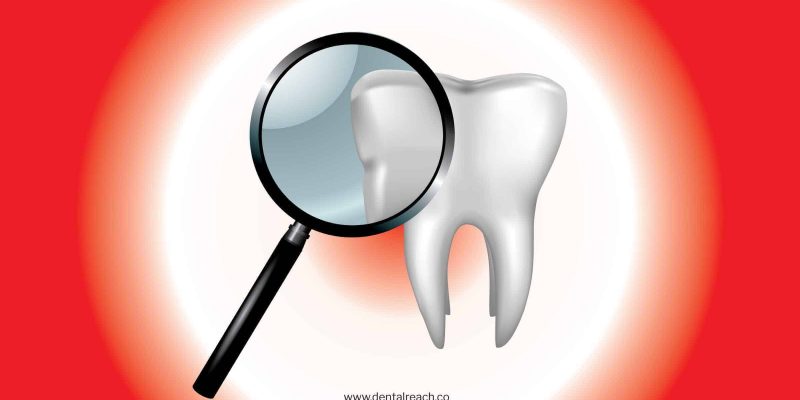
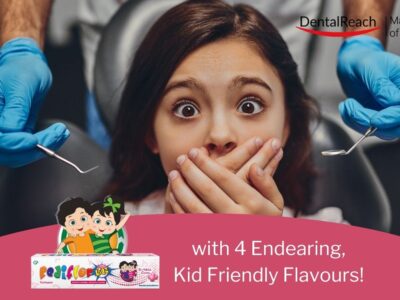
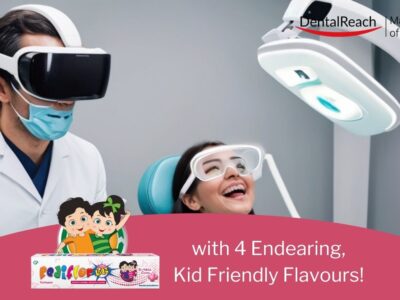
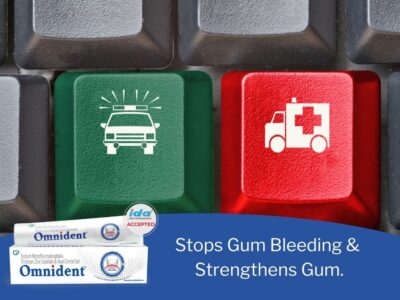

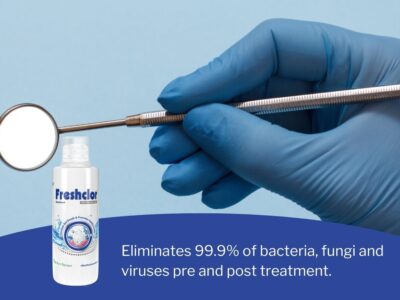
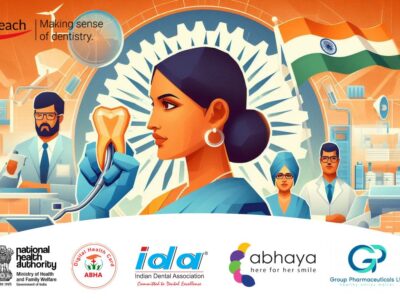








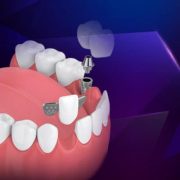
Very true we need to cocome up with the current researches